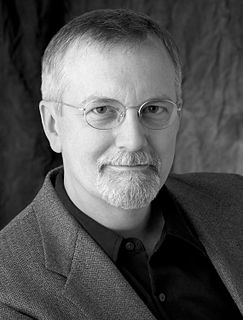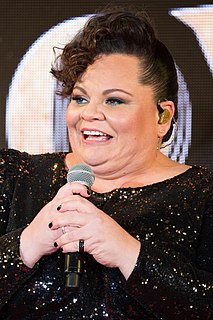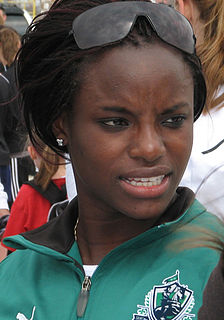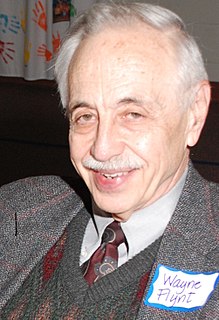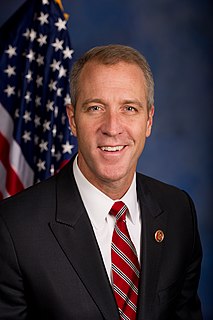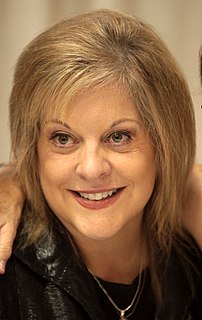A Quote by Scott Turow
Certainly, when I was a boy, people liked to believe that lawyers were kind of pillars of goodness of the likes of Atticus Finch in 'To Kill a Mockingbird.'
Related Quotes
'To Kill a Mockingbird' is really two stories. One is a coming-of-age tale told from the point of view of Scout Finch, a girl of about nine, and her slightly older brother, Jem. The second story concerns their father, attorney Atticus Finch, who has been appointed to defend a black man, Tom Robinson, falsely accused of raping a white woman.
As a matter of fact, I constantly tell audiences all over the world that the single greatest icon of American culture from the publication of "To Kill A Mockingbird" was that novel so that if we say, what conversation can we have that would lead us on a road of tolerance, and teachers have decided that if you're going to teach values in a school in America, the answer that American teachers at all kinds of schools have come up with, just let Harper Lee teach "To Kill A Mockingbird." And then all the teacher has to do is stand back and guide the discussion.

